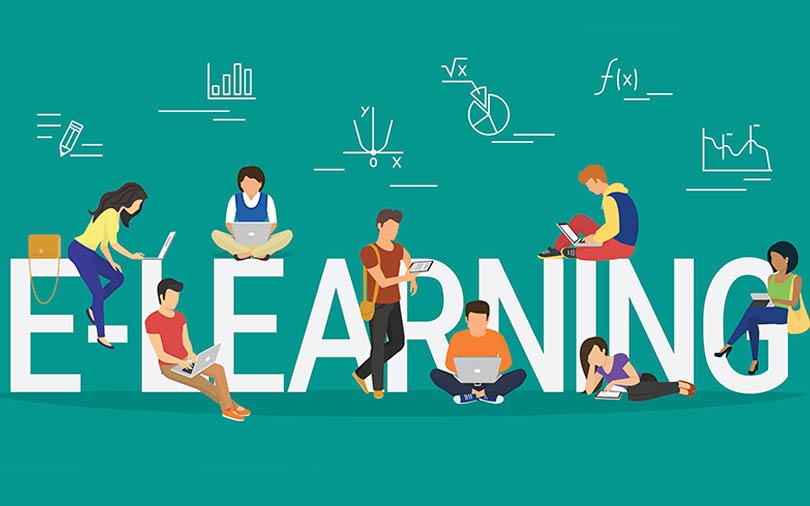What is the future of games and play in education? What are the possibilities of using games in teaching? The Play: Invite you to the world of game-based learning project will provide answers to the above two questions through interesting examples of game applications worldwide. The premise of the WISE play project is that the potential of games far exceeds the realm of pure entertainment. There is no doubt that the game allows players to devote themselves to solving complex problems, allowing different players to collaborate and compete with each other, allowing them to think creatively and pursue goals. If these characteristics of the game can be used for learning, the effect will definitely be very good. This premise is being supported by more and more research data.
Backed by Research
Research evidence shows that games not only have a positive effect on basic knowledge of reading, mathematics, and science, but also have a good effect on skills training in industrial organizations. The latest data from the Entertainment Software Association (ESA, 2013) and the European Union (Newzoo Report 2012) show that the time parents spend playing games with their children is increasing, and 91% of children are playing games in some form.
The phenomenon of playing games is becoming more and more popular among children. This is an indisputable fact, but can games promote learning? In a recent report on children and games, MindCET (2013) provided the results of interviews with 1019 Arabic and Hebrew young people aged 6-18. These young people were asked what they learned from playing video games. Some people replied that the game allows them to learn content knowledge such as mathematics, science, history, and language; others replied that the game allows them to learn technical skills, such as how to build buildings, how to save money, how to produce coal, how to make Ice cream, etc.; others replied that the game allows them to learn computer skills, such as how to type quickly, how to search the Internet, how to ask for help; others replied that the game allows them to learn emotional and social skills, such as how to learn in the game Respect, how to help others, how to overcome difficulties encountered. The prospect of the game is that whether it is a child or an adult, participation can be improved, allowing them to actively develop skills, learn content, and participate in interaction. These are exactly what education needs.
Game based learning
There is still much debate about whether games should be introduced in education. We still don’t know how to use games in institutionalized teaching places like schools to maximize their potential. But we know that the environment of games and learning is undergoing earth-shaking changes. In the past few years, companies and individual game developers around the world have begun to actively participate in evaluating the effects of games on learning and developing games that promote learning. Globally, the number of games developed for children is exploding, and more and more commercial games are being used in classroom teaching environments. More and more people, including foundations, governments, and private companies, are beginning to sponsor game-based learning platforms like Lido learning. More and more well-trained game developers are turning their attention from the entertainment industry to the education industry, and more and more scientists are beginning to consider rigorous problem solving and big data, and the highly participatory teaching of games Combine tools.
The Play project catalog is completed in collaboration with experts from six continents, aiming to give readers a general understanding of the genres, content areas, technical platforms and audiences of game-based applications. In addition, we also provide an overview of image information in the catalog, defined by corresponding fields and characteristics, such as mathematics, science, history, creativity, involving various game types, including sandbox games, puzzle games, partner actions, adventures, and roles Play etc.
An important caveat:
Although the catalog is international in performance, its distribution around the world is uneven. There are obviously fewer projects from Africa, the Middle East and Latin America. Of course, we do not want this to be the case. This also shows from one aspect that in addition to quantity and quality, there are also great challenges in global multilingualism. Of course, it is impossible for our catalog to cover all the excellent games, and there are many excellent games that are not listed in our catalog. However, we hope that as game-based learning gains more and more attention around the world, more and more related games can be developed. The play project is just a small step in this direction. We hope it can inspire more energy and passion, spark the collision between games and learning, and illuminate the road to the future.

